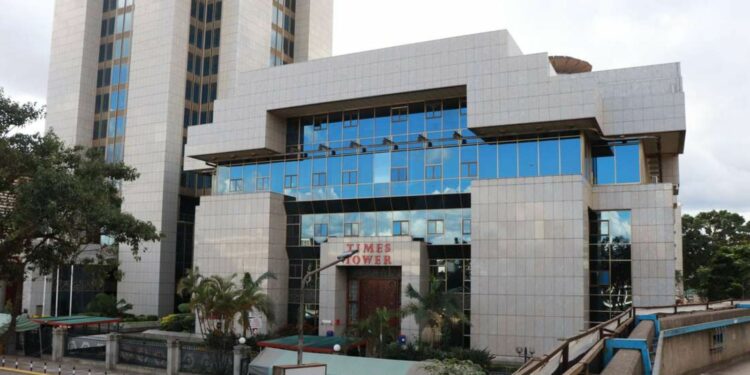Kenya Revenue Authority (KRA) is taking measures to prevent tax evasion by implementing real-time monitoring of the sale of goods and services subject to excise tax law, such as beer, juice, mobile phone airtime, cigarettes, and petroleum.
George Obel, the deputy commissioner of domestic taxes at KRA, stated that the eTIMS system would include excisable goods to provide the agency with real-time access to complete trading data from businesses eliminating the opportunity for tax evasion.
KRA has been conducting a trial of eTIMS with 298 VAT-registered taxpayers, generating 908 invoices, and intends to fully implement the system in early May.
Once we have successfully onboarded the VAT-registered businesses on eTIMS, the next step will be rolling out the same to excisable goods and services suppliers to bring more efficiency to the collection of excise duty.
George Obel – Deputy Commissioner of Domestic Taxes at KRA
According to KRA, eTIMS will assist businesses in reducing compliance costs by eliminating the need to purchase multiple tax invoicing hardware, such as electronic tax registers.
In addition, the real-time transmission of invoices will enhance the accuracy of invoice declarations and streamline the reconciliation process between filed returns and payments.
The financial year 2021/22 saw excise duty as the third largest tax head, generating KES 252 billion, with an expected increase to KES297 billion this financial year. KRA has been grappling with the issue of fake stamps, which has caused revenue loss.
President William Ruto expressed his concern over the small number of excise stamps sold by KRA compared to neighbouring countries.
Digitising tax invoicing aims to curb revenue leakages that result in significant losses for the taxman annually.
Read Also: Treasury Unveils Plans to Increase Excise Stamp Fees




